And why it still remains the best option to kill viruses and bacteria
Pall Thordarson wrote this week on the science of soap and why it’s kills coronavirus. Yes, that’s right, people. The humble bar (or liquid) kind that we have been has kept us clean for centuries is are best option to help us now.
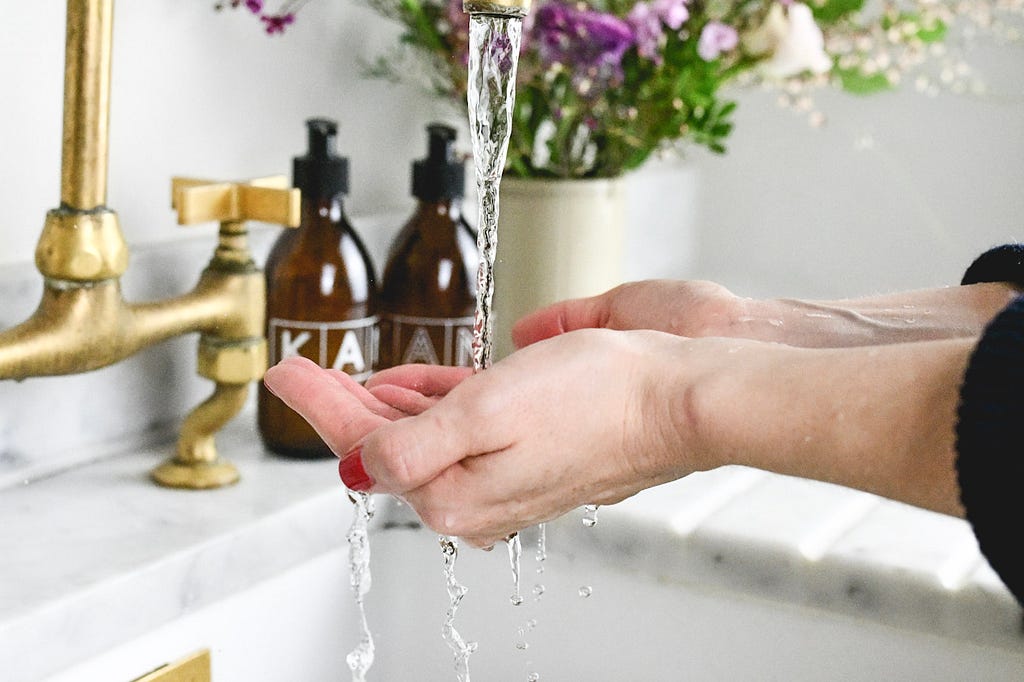
Originally made to clean wools and cotton soap in the Babylonian era, soap making has been around for centuries. It is still relatively the same process with the same ingredients — a mixture of fat or oil, water, and an alkali, or basic salt.
Their original recipe included animal fats, wood ash and water. These recipes have been found carved into clay containers dating back to 2800 B.C., according to soaphistory.net.
Then the ancient Egyptians used a similar recipe for soap for treating sores, skin diseases and personal washing. As did the Romans, who finally in the later centuries began using soap for personal hygiene.
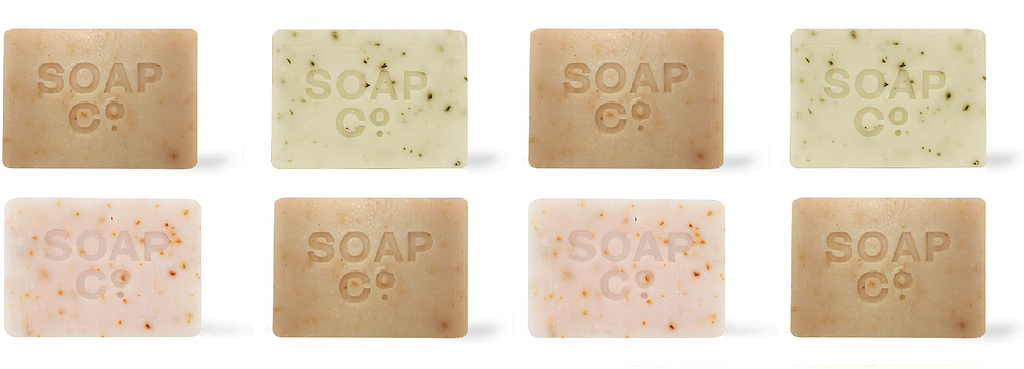
How does salt, fat and water become so effective at keeping viruses at bay? Pall surmises ‘because the virus is a self-assembled nanoparticle in which the weakest link is the lipid (fatty) bilayer. Soap dissolves the fat membrane and the virus falls apart like a house of cards and dies — or rather, we should say it becomes inactive as viruses aren’t really alive.’
What is the difference between soap & alcohol based disinfectants? Whilst soap disolves the fat membrane of the virus, Pall writes ‘Alcohol-based products, which pretty much includes all “disinfectant” products, contain a high-percentage alcohol solution (typically 60–80% ethanol) and kill viruses in a similar fashion. But soap is better because you only need a fairly small amount of soapy water, which, with rubbing, covers your entire hand easily. Whereas you need to literally soak the virus in ethanol for a brief moment, and wipes or rubbing a gel on the hands does not guarantee that you soak every corner of the skin on your hands effectively enough.’
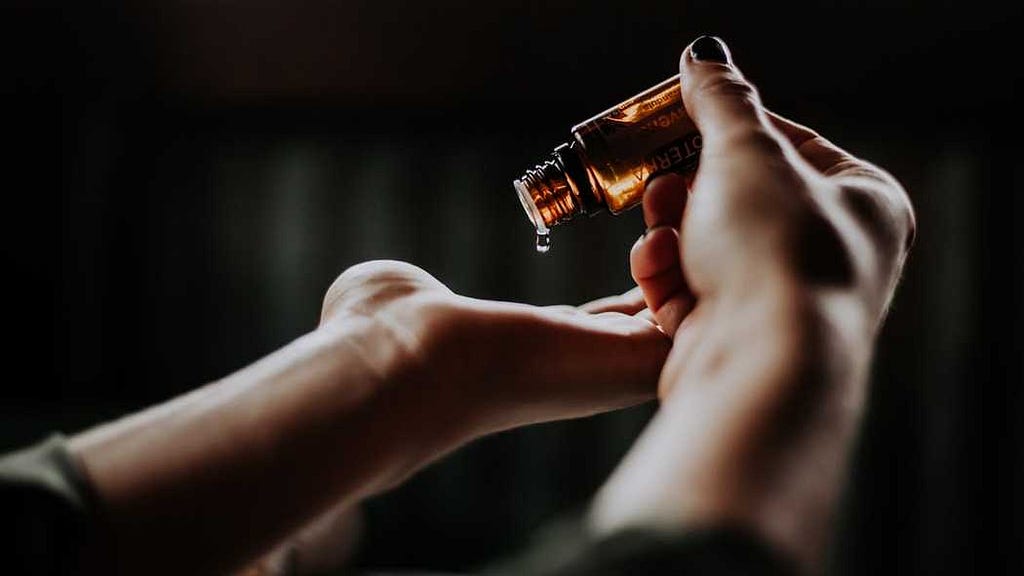
We wrote a little about the difference between antibacterial soap and ‘normal’ soap and included this great song lyric and handwashing app by @neoncloth to help us count in a good hand-wash session. I’ll include it again here for you but this time with one of our old favourites So Fresh, So Clean by Outkast.
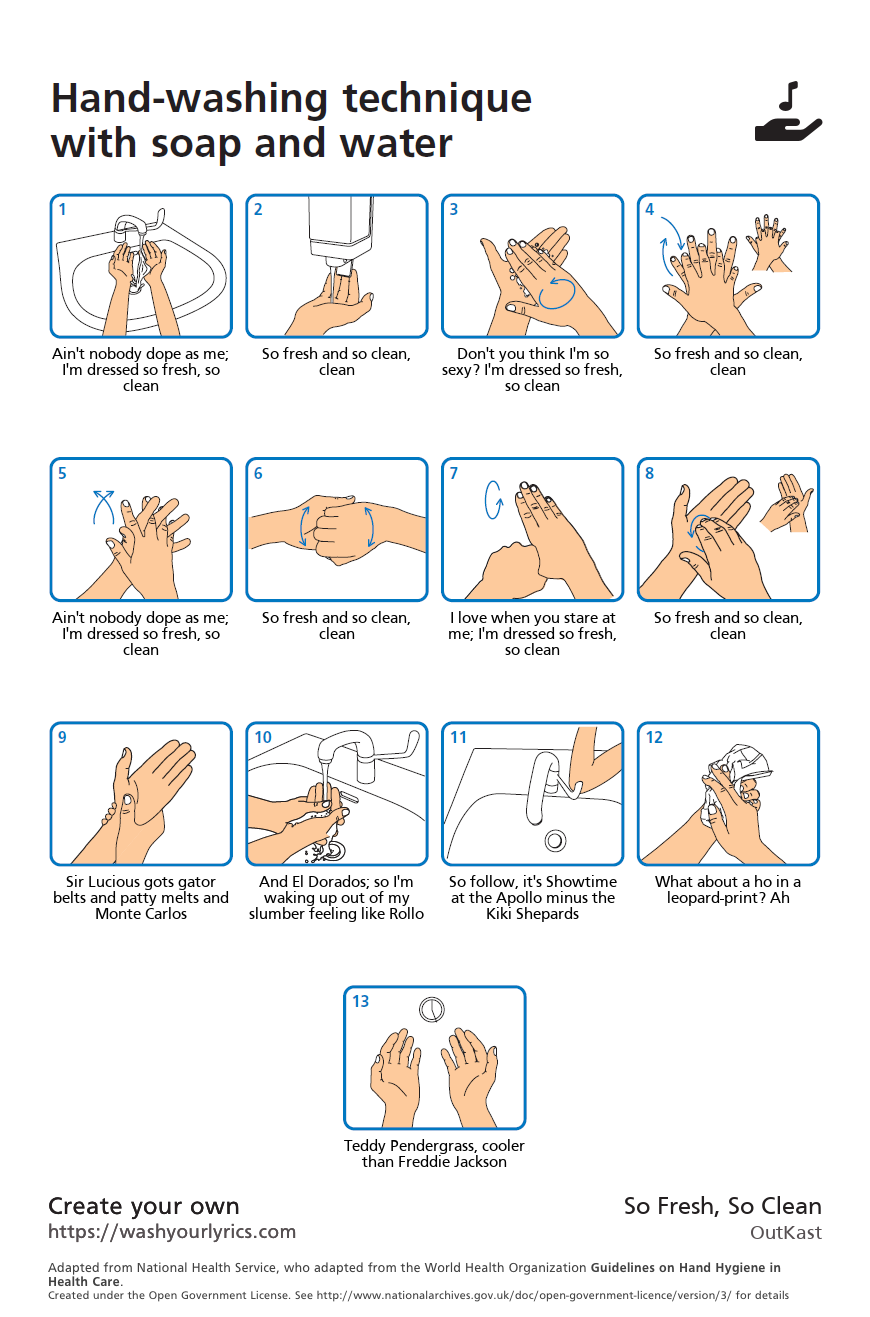
Our hands are the front lines in the war against Covid-19. The Centers for Disease Control and Prevention (CDC) recommends washing hands with soap and water as the top way to clean our hands. “But if soap and water are not available, using a hand sanitiser with at least 60% alcohol can help,” the CDC says.
Stay safe x


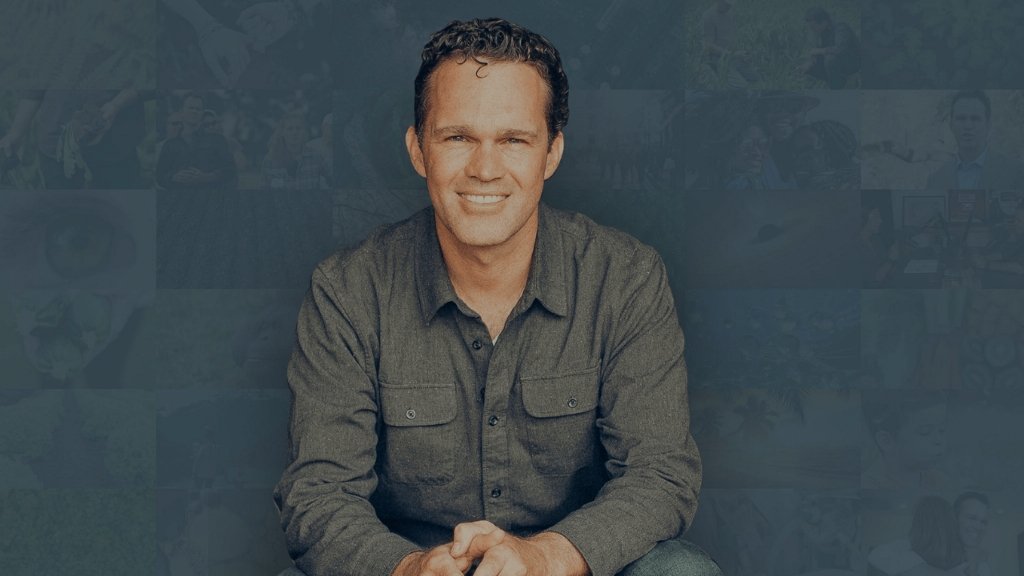

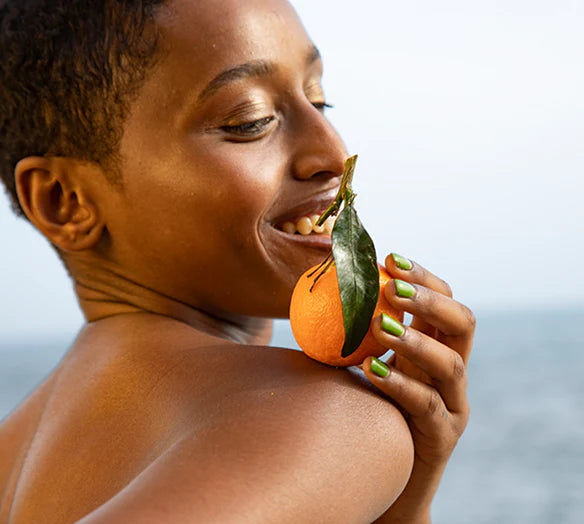
Leave a comment
This site is protected by hCaptcha and the hCaptcha Privacy Policy and Terms of Service apply.